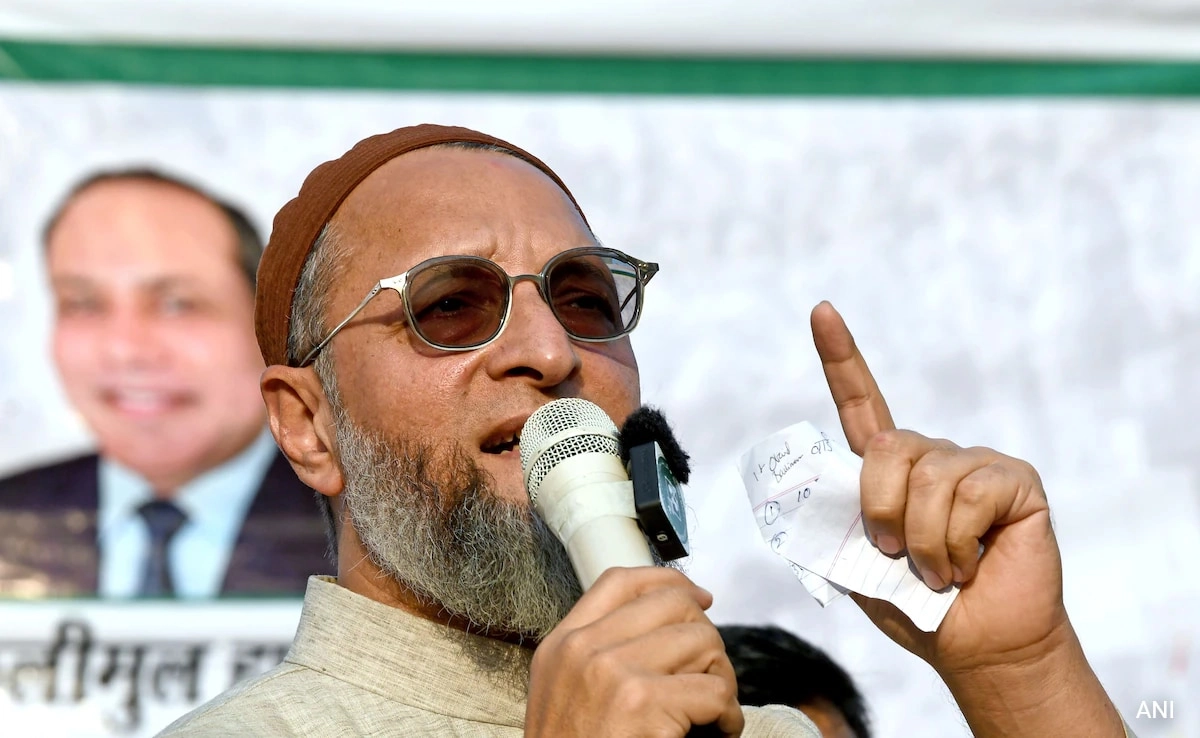Asaduddin Owaisi, the prominent Indian politician and leader of the All India Majlis-e-Ittehad-ul-Muslimeen (AIMIM), recently made headlines with his sharp criticism of Pakistan, particularly in light of its military budget. His remarks came during a discussion that revolved around the ongoing tensions and military posturing between India and its neighboring country. By highlighting the significant financial resources allocated by Pakistan to its military, Owaisi aimed to emphasize the stark contrast between military expenditure and the pressing socio-economic challenges faced by the Pakistani populace. His comments served as a stark reminder of the priorities of the Pakistani government, which, according to Owaisi, are skewed towards defense rather than addressing the needs of its citizens.
Owaisi’s jibe over Pakistan’s military budget was particularly poignant in the context of recent developments in Pahalgam, a picturesque town in the Indian-administered region of Jammu and Kashmir that has been a focal point of conflict and military presence for decades. The region has historically been marred by violence and unrest, making it a sensitive topic in Indo-Pak relations. By invoking Pahalgam, Owaisi sought to draw attention to the heavy military presence in the area, attributing it to the ongoing tensions with Pakistan. This commentary not only underscores the complexities of regional security but also reflects the broader narrative surrounding national defense and economic stability.
Furthermore, Owaisi’s remarks resonate with a growing sentiment among Indian political leaders who argue for a more robust approach to national security, especially in the face of perceived threats from Pakistan. His critique challenges Pakistan to reassess its priorities, urging a shift from military expenditures towards the welfare of its citizens. In doing so, Owaisi is not merely engaging in political rhetoric but is also advocating for a more sustainable and peaceful future for both nations. His comments serve as a call to action, not just for Pakistan but for India as well, to focus on dialogue and diplomacy rather than an escalating arms race.
In conclusion, Asaduddin Owaisi’s comments regarding Pakistan’s military budget and the situation in Pahalgam encapsulate a critical perspective on the ongoing geopolitical tensions in South Asia. His ability to articulate these issues highlights the need for both nations to navigate their relationship with a focus on peace and development, rather than conflict and military confrontation. As the region continues to grapple with its complex legacy of rivalry and strife, leaders like Owaisi play a crucial role in shaping the discourse towards a more hopeful and constructive future.




